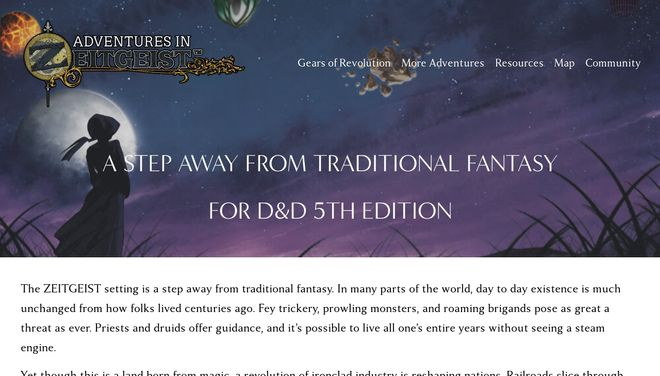TheSword
Legend
I don’t know why being interesting to read is mutually exclusive to a useful reference.This is not something I want. I am looking for a reference: a reference on how to run a decent adventure. Parts of it I want to be interesting to read: the overall summary, the backstory, the player information. That gets you my first criteria. After that it I want it written solely to facilitate running the campaign at the table.
I’m not saying I want a novel or information the players will never discover or even crazy plot twists.
Maybe I didn’t explain myself well. I don’t want a book full of rooms with monster stats and superficial details. I want NPCs who leap off the page and make me want to play them. I want locations that are interesting and evocatively described. You’ve got to be able to write in such a way as to capture my imagination. Otherwise its not going to get to the table.


